OpenAI’s “19 Mafia” left to start their own businesses and raised nearly US$8 billion! Chinese scientists account for nearly 1/3

Perhaps you have heard that the eight Transformers defected to Google and started their own businesses.
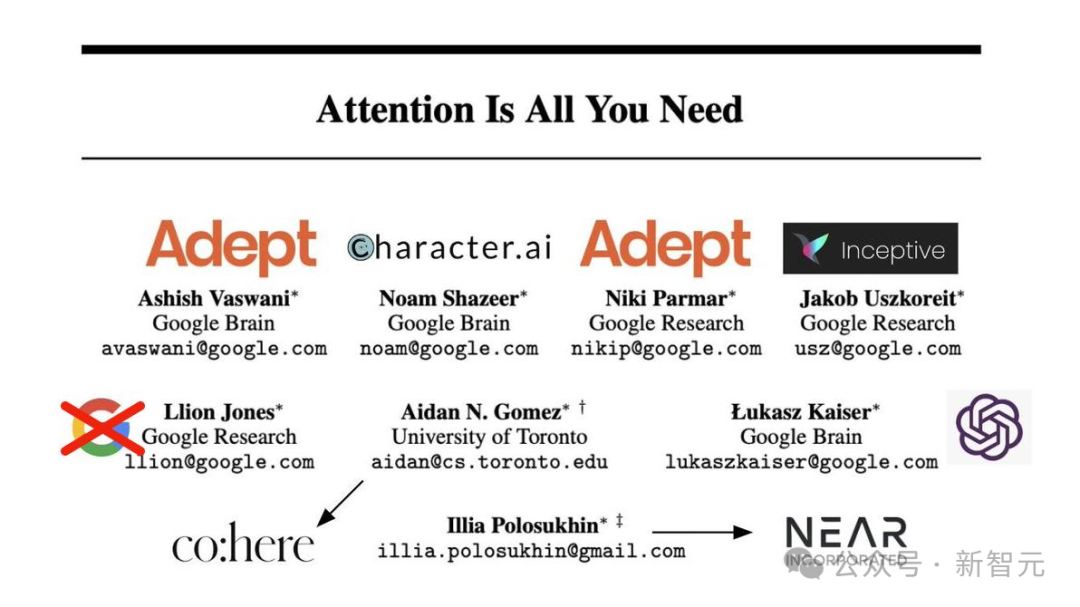
In fact, with the help of ChatGPT, OpenAI, which became the world's top star company overnight, also gave birth to the "Defection Nineteenth Son".
These include Matt KrisiloG, one of the founders of OpenAI, former operations director Jeff Arnold, and a large number of research and technical scientists.
They have all set up their own businesses and founded their own AI startups. Among them are Anthropic, which we are familiar with, and the Covariant AI founding team composed of three Chinese scientists.
According to reports, these companies have completed a total of US$8 billion in financing.
Among them, top venture capital firms such as Andreessen Horowitz, Sequoia Capital, Index Ventures, Khosla Ventures and Y Combinator, and even Sam Altman and Greg Brockman themselves have supported the "Nineteen Sons" startups.
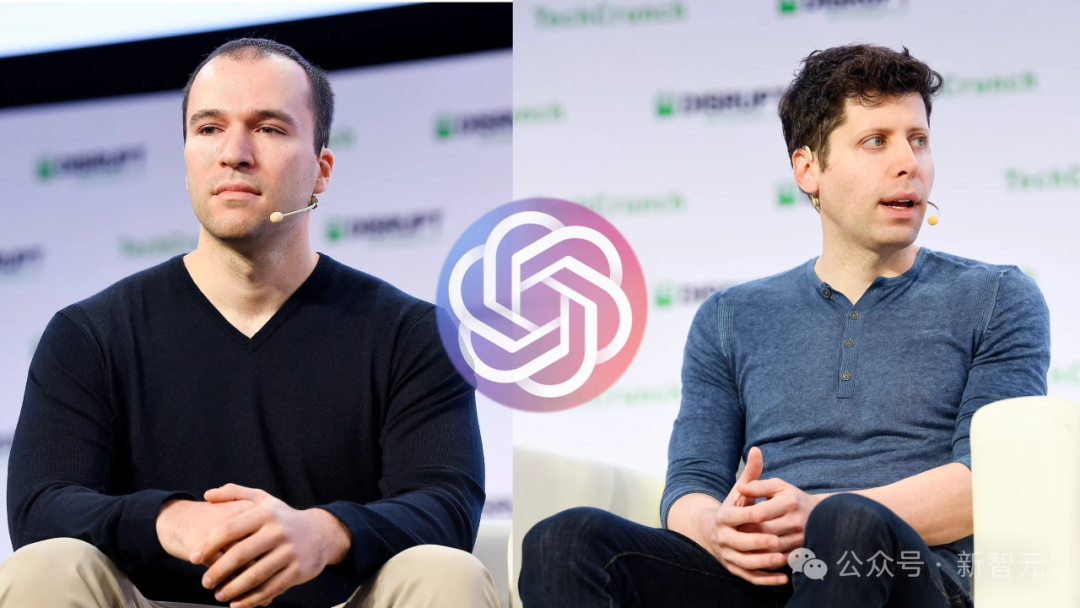
Next, let’s take a look at who are the 19 scientists who left OpenAI?
OpenAI Six King Kong: Anthropic, the strongest AI unicorn , valued at US$18 billion+
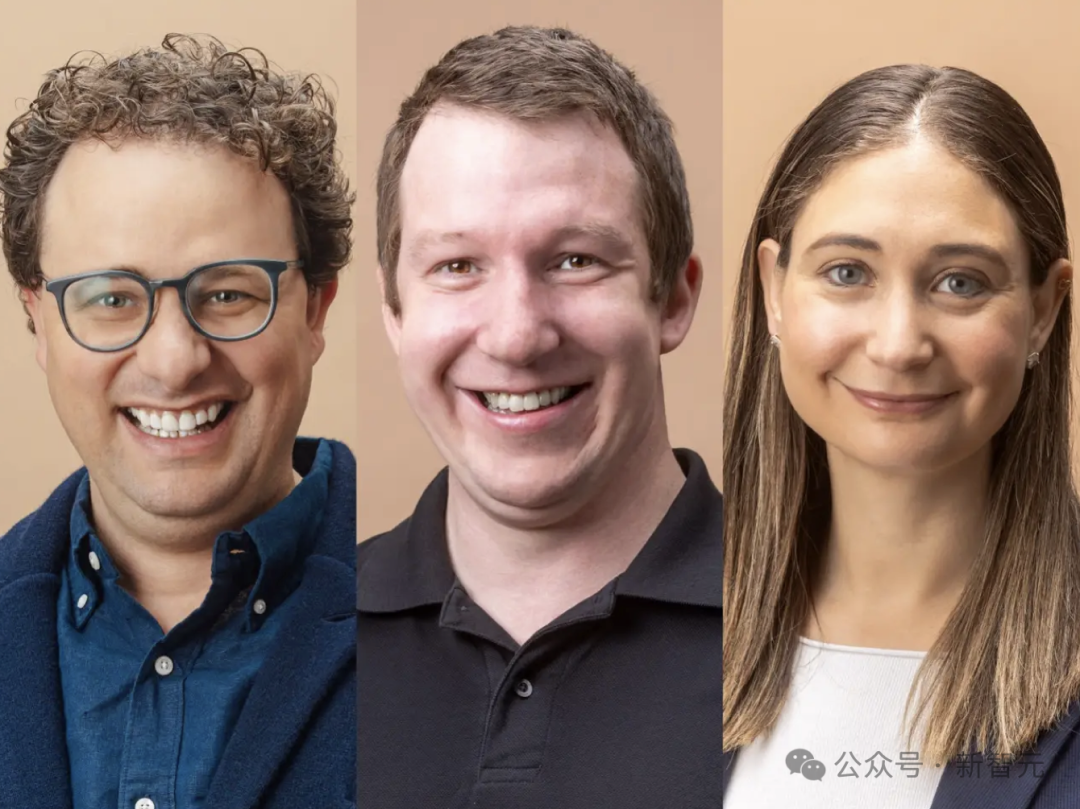
Dario Amodei, Jack Clark, Daniela Amodei
Total financing: $7.25 billion
Number of employees: 300
Well-known investors: Google, Amazon, Menlo Ventures
Anthropic co-founders: Dario Amodei, Daniela Amodei, Tom Brown, Jack Clark, Jared Kaplan, and Sam McCandlish
In 2021, a group of OpenAI researchers founded Anthropic out of the common belief that AI has the potential to benefit mankind.
Subsequently, the startup raised billions of dollars from Google and Amazon, leading some to call it an “artificial intelligence arms race.”
From its inception, Anthropic has been regarded as a company that has the security of large models imprinted in its genes.
CEO Dario Amodei is also a former Google Brain researcher with a PhD in computational neuroscience. He has been writing about the catastrophic potential of artificial intelligence since 2016.
He and Anthropic's other co-founders, including former Bloomberg technology reporter Jack Clark, see AI developing at an exponential rate.
Therefore, they believe that AI companies need to start developing a set of values to govern these powerful programs.
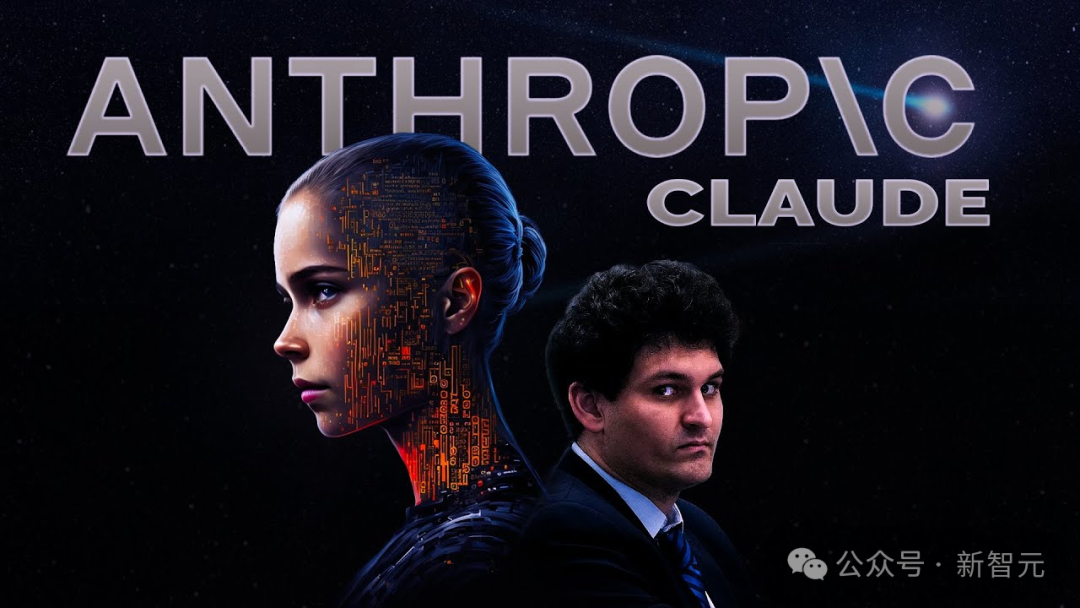
"We trusted each other very much and wanted to work together," Amodei said of himself and his co-founders at last year's Fortune conference. "So we started our company with that in mind."
Essentially, Anthropic is a public benefit corporation with an independent board of directors that will control the recruitment and appointment of company leadership over time.
Amodei’s sister Daniela Amodei, now the company’s president, once oversaw OpenAI’s “policy and security team” and said Anthropic’s safety-first policy was one of its main differentiators.
Since its inception, Anthropic has successively released Claude and the iteratively upgraded Claude 2, which supports 200k contexts.
Last year, Anthropic released a 22-page document outlining what it called a “responsible scaling policy”—a plan to prevent its technology from accelerating the demise of the human race.
The policy is reportedly overseen by Anthropic co-founder and theoretical physicist Sam McCandlish, who, while working at OpenAI, formed a team that studied machine learning scaling laws and paved the way for GPT-3 .

Central to Anthropic's pitch to enterprise clients is that Constitutional AI, or language models, are endowed with a conscience by their creators—a set of principles designed to prevent misuse of the technology.
Part of Constitutional AI's ideas came from two other OpenAI alumni and Anthropic co-founders - Tom Brown and Jared Kaplan.
Brown was a researcher at Google Brain, and Kaplan was a physics professor at Johns Hopkins University who provided consulting services to OpenAI before leaving to found Anthropic.
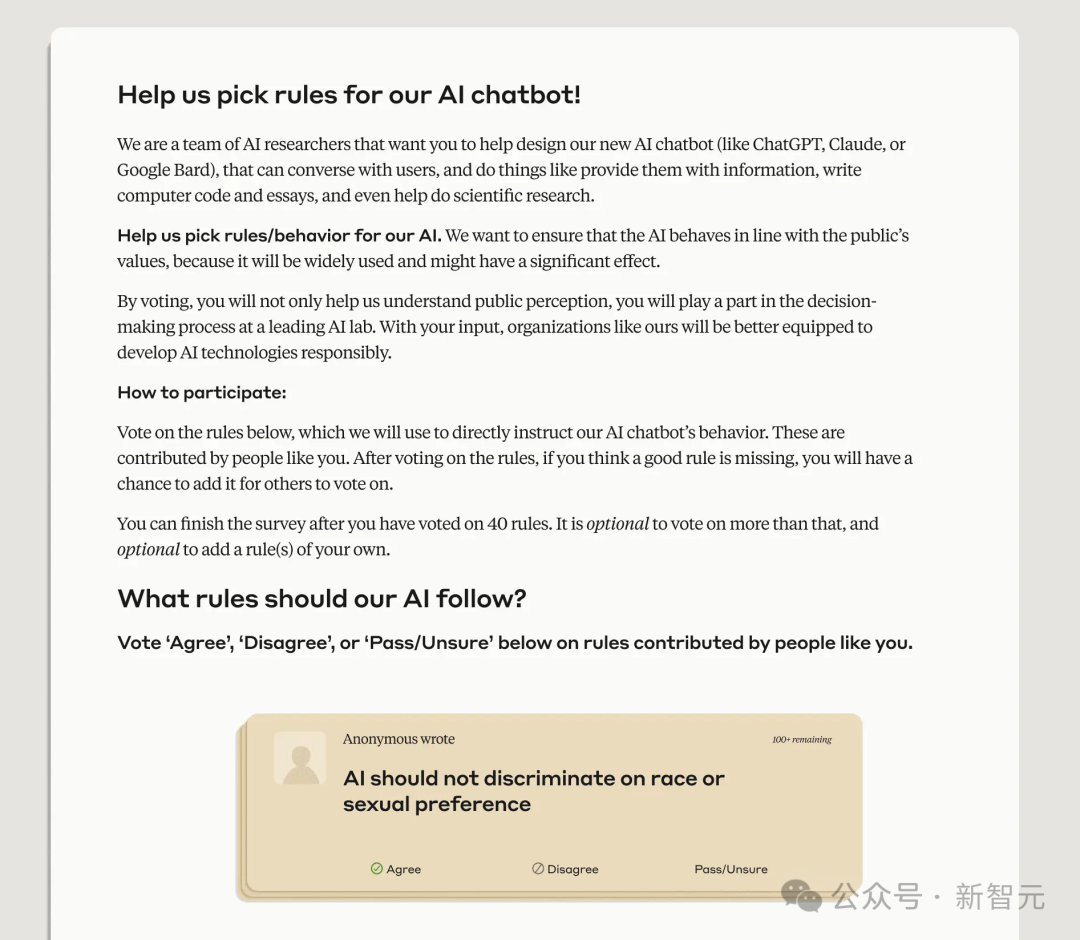
In addition, both Kaplan and Brown have participated in “red team” work on Anthropic’s flagship language model Claude to explore its potential for abuse.
Kaplan said at a Bloomberg conference last October that he believed it might only take 5-10 years for AGI to arrive.
Matt Krisiloff: Co-founder and CEO of Conception
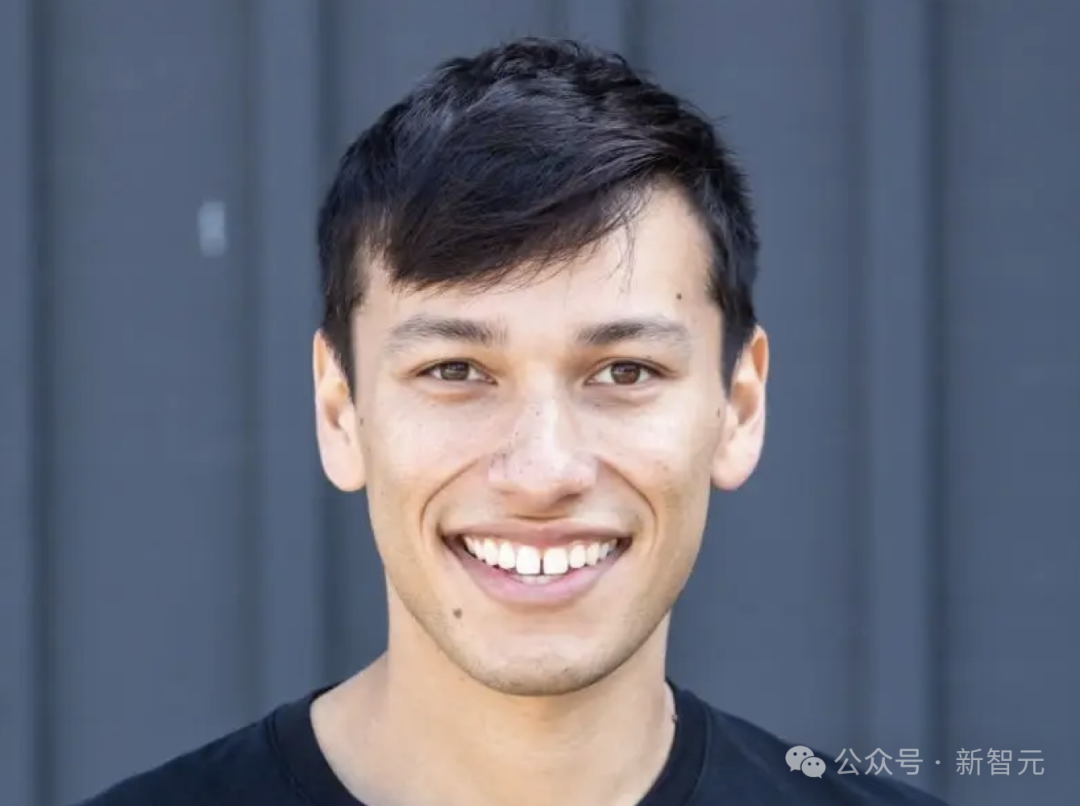
Total funding raised: $40 million
Notable investors: Sam Altman, Laura Deming, Jaan Tallinn
Number of employees: 43
Position at OpenAI: Founding Member
As a member of OpenAI's OG team, Matt Krisiloff first led the startup's operations in 2014 and 2015, and then led the research department of the Y Combinator accelerator program.
In 2018, he founded Conception, a health technology startup that fights infertility by using stem cells to grow human eggs.

Krisiloff graduated from the University of Chicago in 2014 and founded SciFounders in 2021, which provides funding to scientists to help them run their own companies.
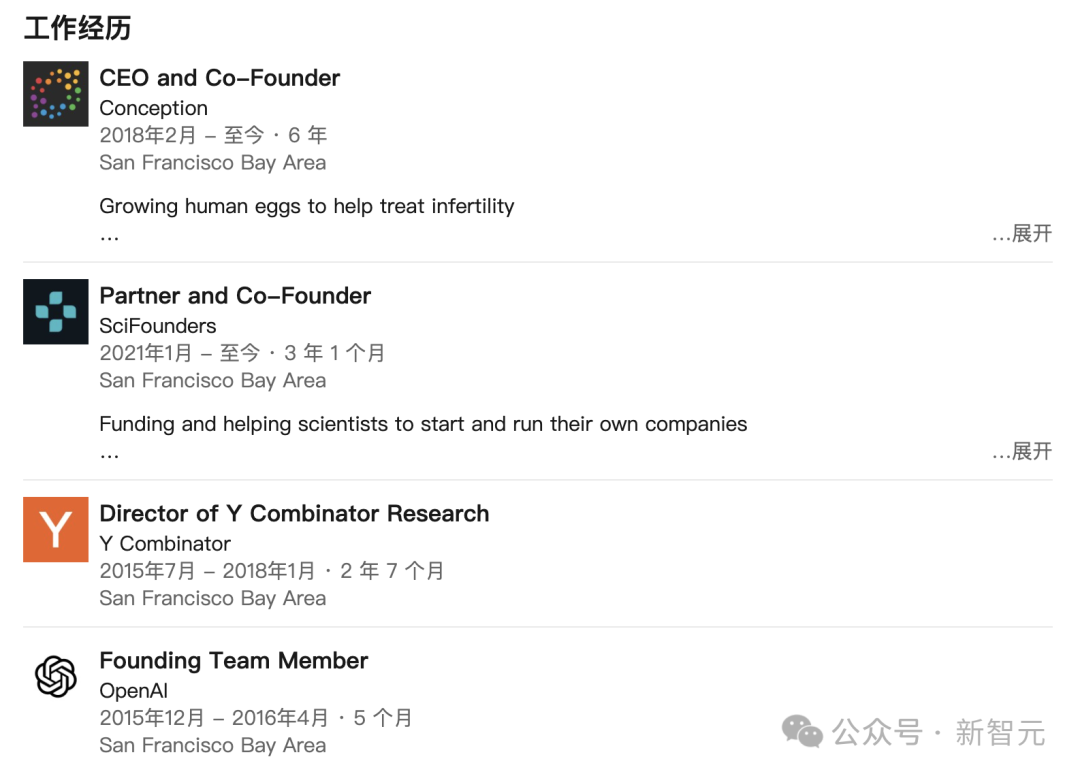
Pieter Abbeel, Peter Chen and Rocky Duan: Covariant Co-Founders
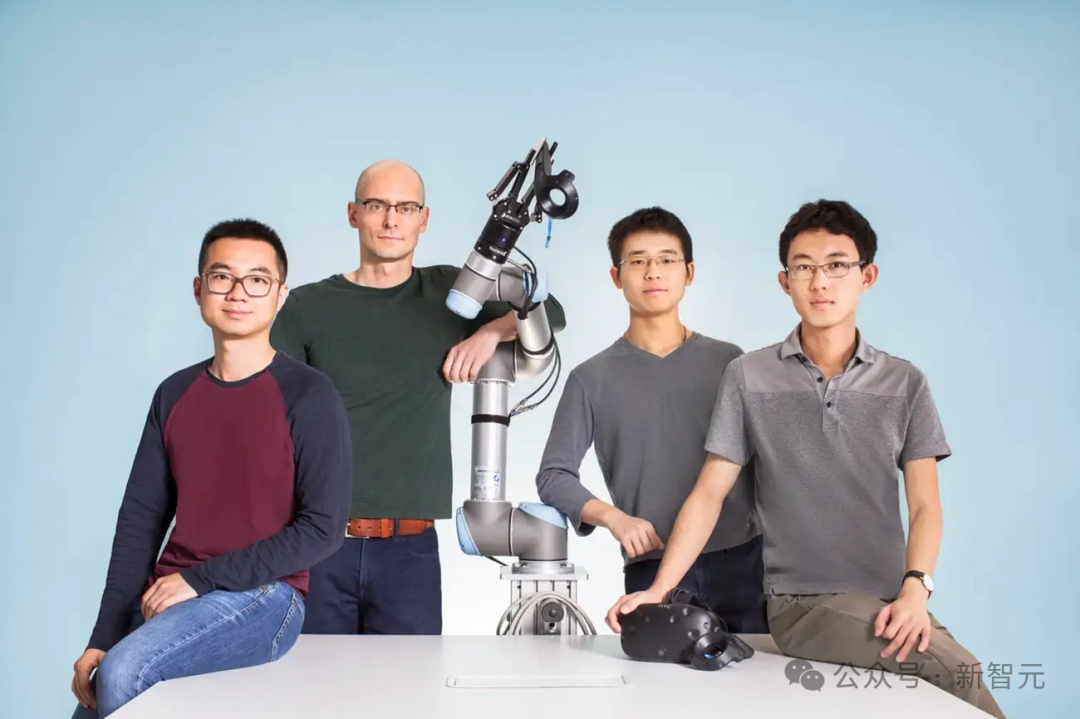
Covariant founding team: CEO Peter Chen, President and Chief Scientist Pieter Abbeel, Chief Technology Officer Rocky Duan, Research Scientist Tianhao Zhang
Total funding raised: $222 million
Notable investors: Index, Ventures, Industry Ventures, Temasek Holdings
Number of employees: 200
Pieter Abbeel is a very important figure in the field of AI and robotics, and a pioneer in applying deep reinforcement learning to the field of robotics.
In 2016, three doctoral students from the UC Berkeley Artificial Intelligence Laboratory, Peter Chen, Rocky Duan, and Tianhao Zhang, built the robot brain "Covariant Brain" under the guidance of their mentor Pieter Abbeel.
The following year, the four of them founded the startup Covariant as founders, aiming to become a universal operating system for artificial intelligence robots.
The model behind this system is the “Covariant Brain”, which can help robots master challenging tasks, such as folding garments, or picking and packaging in warehouses.
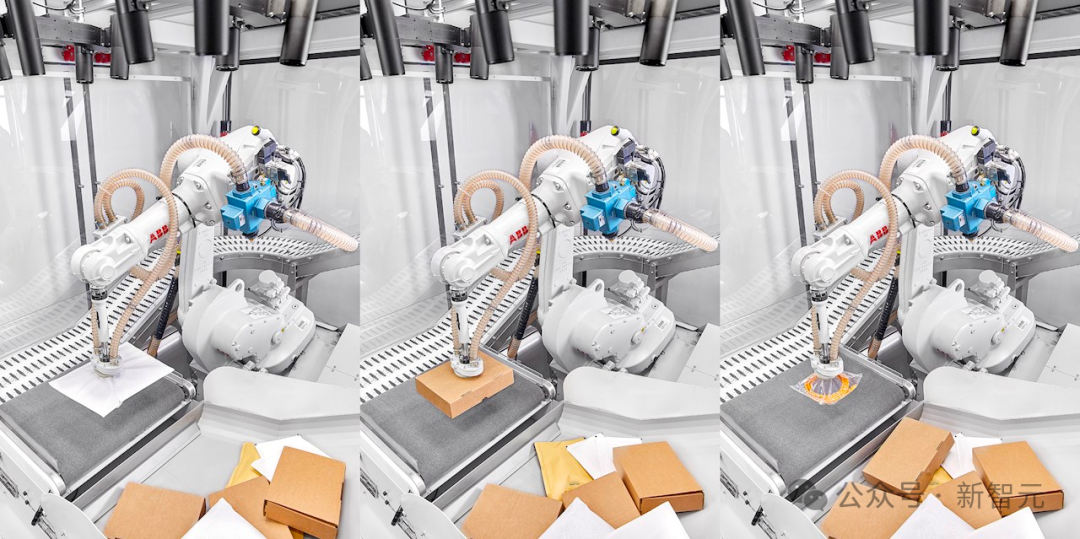
It is worth mentioning that Pieter Abbeel, Peter and Rocky all worked at OpenAI before founding Covariant.
In order to start Covariant, they had to leave OpenAI. Because Covariant aims to commercialize robotics technology for specific enterprise use cases, it is incompatible with OpenAI's pure research approach.
Chen told Forbes in 2023, "OpenAI has gathered a group of extremely ambitious and talented artificial intelligence scientists and researchers who dare to think and work hard and constantly push the boundaries."
Before ChatGPT became a household name, they led the team to make great progress in the field of AI robots.
Now, Covariant Brain-powered robots are working in warehouse centers around the world.
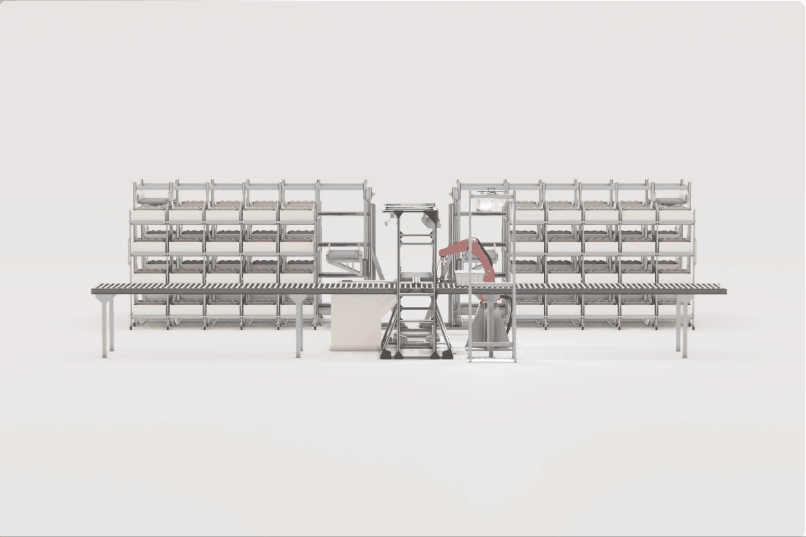
Tsinghua alumnus Tim Shi: Co-founder and Chief Technology Officer of Cresta
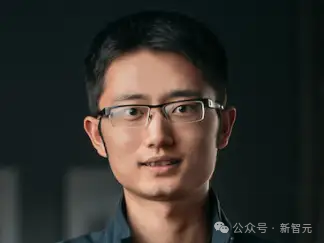
Total financing: $151 million
Well-known investors: Sequoia Capital, a16z, Greylock, Tiger Global, Andy Bechtolsheim
Number of employees: 200
Position at OpenAI: Technical staff
Tim Shi worked at OpenAI for a year and participated in multiple projects, including the open domain platform World of Bits and OpenAI Universe, which is software for training and measuring AI intelligence in games and websites.
In 2017, he left the startup and co-founded Cresta, an artificial intelligence coaching company that improves work efficiency.
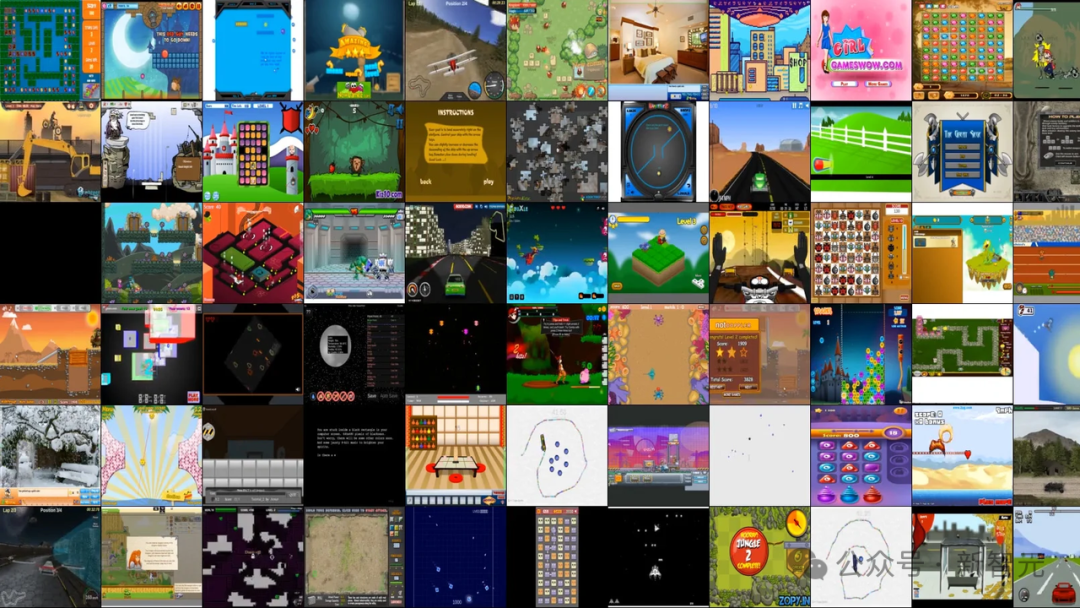
Shi said that working at OpenAI allowed him to experience the joy of working with many talents in a team, and this experience also helped him manage talents in his own startup.
"This made me realize the value of a high-talent density environment and prompted us to maintain high standards when recruiting and only recruit the best people."
Before joining OpenAI, Shi was a software engineer at the file sharing company Dropbox, focusing on machine learning. He graduated from Tsinghua University and now works in San Francisco.
Jonas Schneider: Founder and CEO of Daedalus
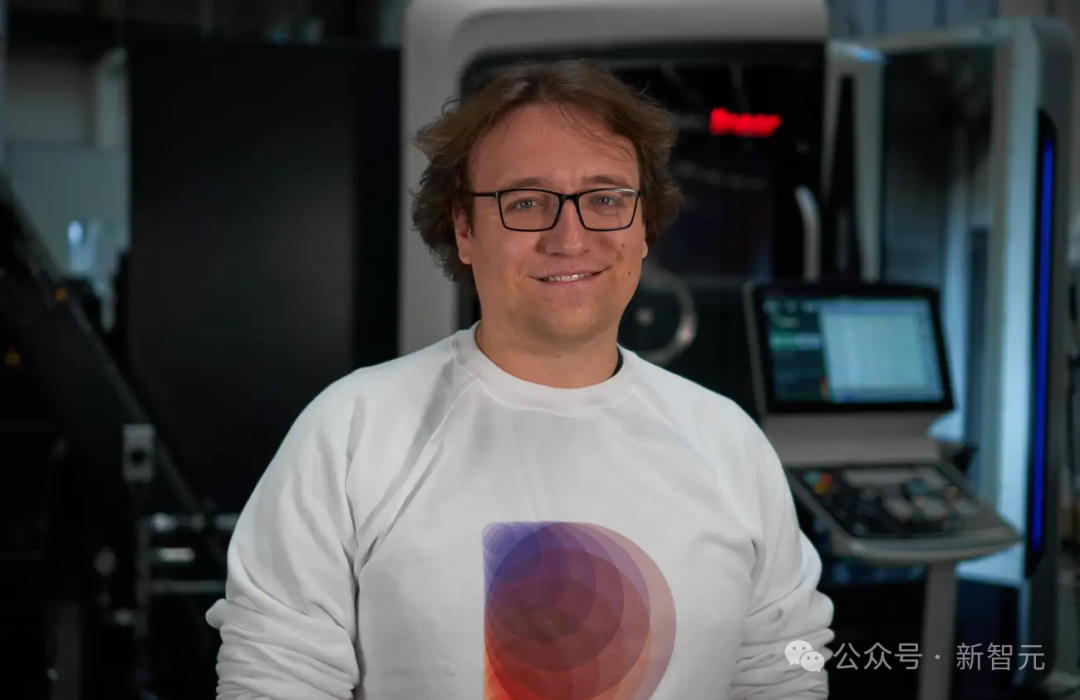
Total funding raised: $17.5 million
Notable investors: Khosla Ventures, Y Combinator, LEA Partners
Number of employees: 50
Position at OpenAI: Technical Lead
Jonas Schneider served as technical lead at OpenAI in 2016 after earning a degree in computer science from the Karlsruhe Institute of Technology in Germany.
During his three years at OpenAI, he co-founded the OpenAI robotics team with other colleagues and led the team's software engineering.
With this experience, Schneider founded his own robotics startup Daedalus to help factories and their production robots become more efficient.
Daedalus is part of the Y Combinator winter 2020 cohort and has raised $17.5 million in funding from companies including Khosla Ventures and LEA Partners.
The company uses AI robotics to produce custom prototypes and batch parts for factories around the world.
Jonas Schneider told Silicon Canals that the gap Daedalus is filling is where production robots need to be constantly reprogrammed for new tasks or items.
"Currently, the cumbersomeness of robot programming limits their use in high-volume production, but our software-driven factory makes high-precision manufacturing scalable and brings the efficiency of high-volume production to multi-variety manufacturing." .
Josh Tobin, Vicki Cheung: Co-founders of Gantry
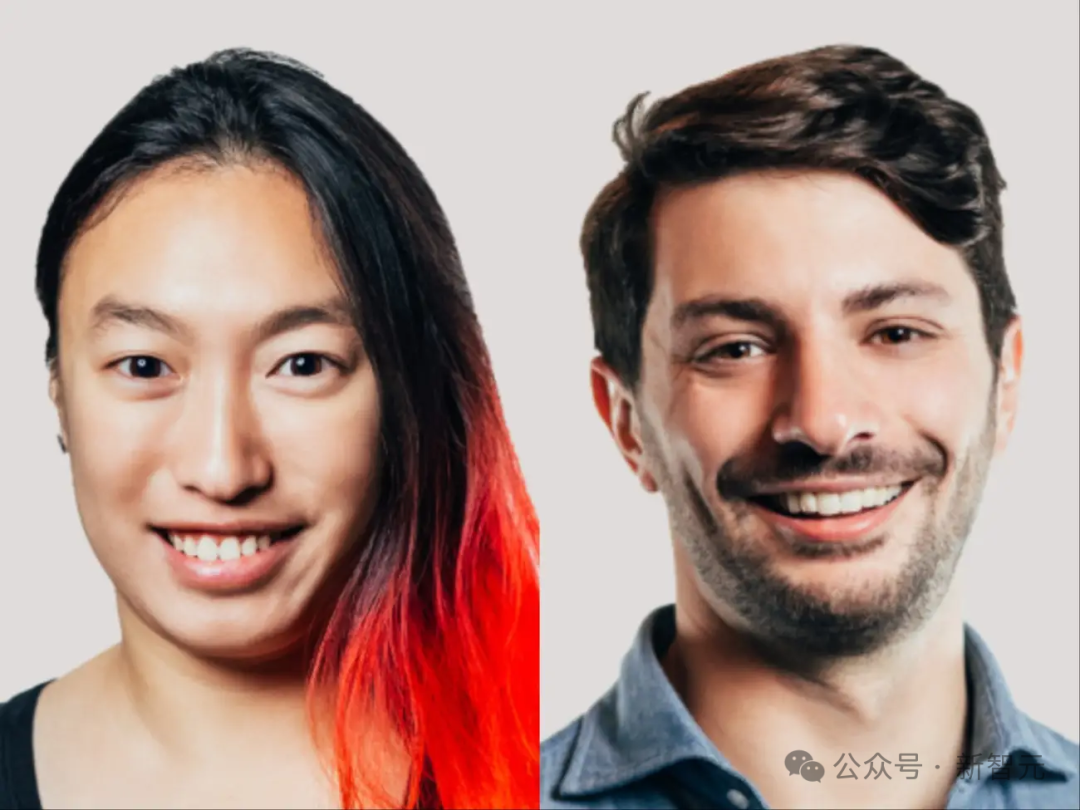
Total funding raised: $28.3 million
Notable investors: Coatue, Index Ventures, Greg Brockman
Positions at OpenAI: Tobin is a research scientist and Cheung is a founding engineer and infrastructure lead
In 2019, when Josh Tobin, a former research scientist at OpenAI, was teaching a deep learning course at UC Berkeley with Vicki Cheung, head of OpenAI infrastructure, the two realized the problems faced in building support infrastructure for AI tools.
Cheung also served as a founding engineer at Duolingo and a senior engineer at Lyft, while Tobin received a PhD in computer science from Berkeley University.
In 2020, the two secretly founded Gantry and officially surfaced in 2022.
The AI startup works in the field of machine learning operations (MLOps), allowing teams to train their own AI systems and evaluate which data should be used when retraining.
In this way, companies can deploy artificial intelligence systems more efficiently and better interact with customers.
According to PitchBook statistics, Gantry has received $28.3 million in financing from OpenAI president and co-founder Greg Brockman and Coatue, among others. Its next goal is to work hard to acquire customers and expand its headcount.
Margaret Jennings: Co-founder and VP of Product at Kindo
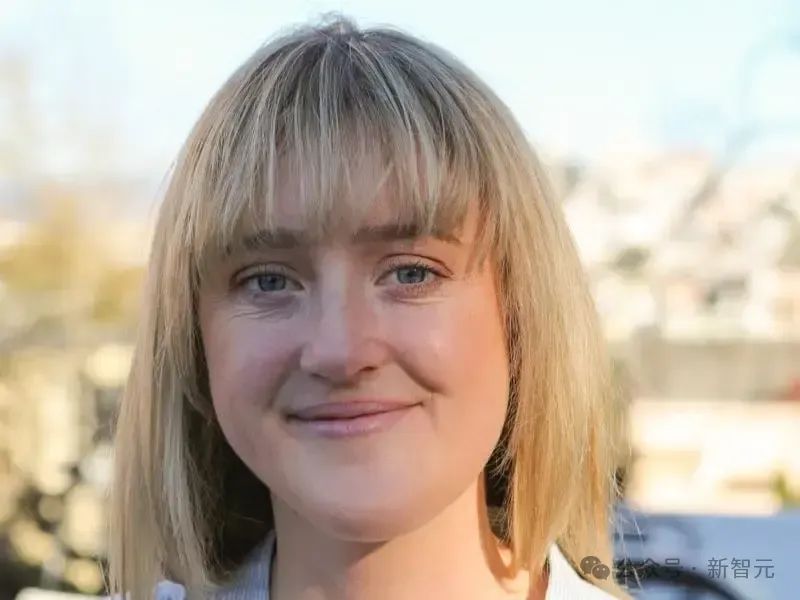
Total funding raised: $7 million (according to company data)
Well-known investors: Riot Ventures, Eniac Ventures
Number of employees: 13
Position at OpenAI: Application Team Member
Margaret Jennings joined OpenAI's application team in August 2022 and worked for six months.
One of the projects she is involved in is integrating ChatGPT technology into the services of Morgan Stanley Financial Advisors, which will be officially launched at the end of 2023.
Jennings’ experience at OpenAI gave her a deep understanding that when translating research goals into product design, it is critical to ensure that the product is widely accessible.
Currently, Jennings works at Kindo, a start-up company developing security and product layers for enterprise-scale large language model applications. Kindo has successfully raised $7 million in venture capital since the company was founded in February 2023.
Prior to that, Jennings served as vice president of product and AI at digital health startup Halodoc ID and held global leadership roles at Google.
She graduated from Bard College in 2013 and received a master's degree in computer science from University College London, where she is currently pursuing a PhD in human-centered general artificial intelligence (AGI).
Jeff Arnold: Founder and COO of Pilot
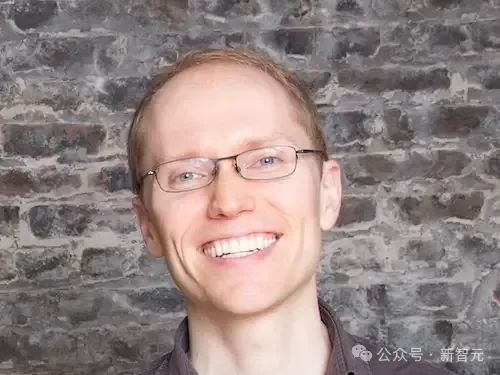
Total funding raised: $174 million (according to company data)
Well-known investors: Sequoia Capital, Index Ventures, Bezos Expeditions
Number of employees: 250
Position at OpenAI: Operations Director
Jeff Arnold, who graduated from MIT with a bachelor's degree and a master's degree, is an experienced serial entrepreneur.
In 2016, he served as the director of operations at OpenAI. Five months later, he founded his third company, Pilot.
Pilot is a financial technology company that focuses on providing accounting management services to enterprises. Interestingly, when it was founded in 2017, OpenAI became one of Pilot’s first customers; at the same time, Pilot also became a customer of OpenAI.
Arnold said in an interview: "The biggest charm of Silicon Valley is that technical personnel come together to achieve unimaginable achievements, and OpenAI is the best example of all this."
Before founding Pilot and joining OpenAI, Arnold co-founded the enterprise chat application Zulip, which was acquired by DropBox in 2014. He also founded the enterprise software company Ksplice, which was acquired by Oracle in 2011.
Aravind Srinivas: Co-founder and CEO, Perplexity
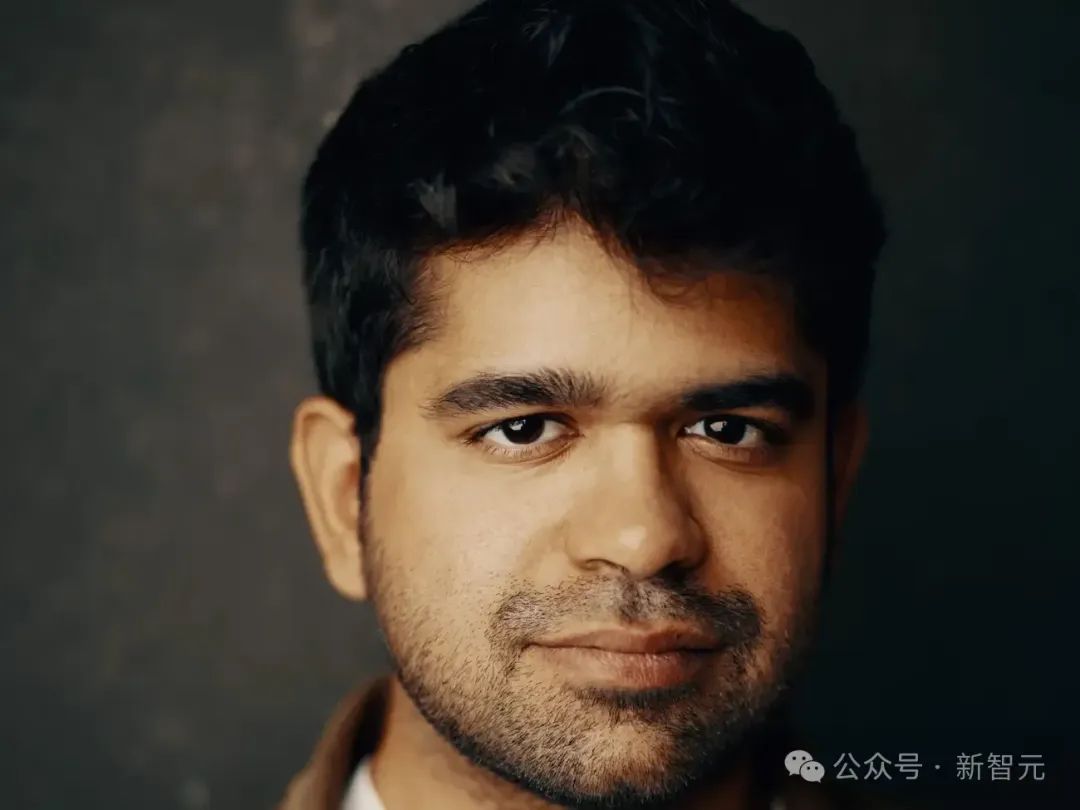
Total financing: $102.3 million
Well-known investors: IVP, Jeff Bezos, Sequoia Capital, NVIDIA, etc.
Number of employees: 34
Position at OpenAI: Research Scientist
Perplexity is a company founded by Aravind Srinivas in San Francisco in 2022 and is committed to building a leading AI search engine.
With the support of a number of mainstream LLMs (such as ChatGPT, Llama, etc.), users only need to ask questions to the AI just like talking to a human, and they will get answers with clear reference materials and sources.
Srinivas said he successfully secured support from investors including Sequoia Capital, Databricks, Github founder Nat Friedman and former YouTube CEO Susan Wojcicki.
For entrepreneurs, his advice is to devote yourself to creativity: "When you first start a company, although there are many opportunities, it is easy to fall into the dilemma of doing many things at the same time. You should choose one area and devote all your energy to it. Keep going, concentrate resources and efforts, and strive to be the best."
"It's very risky, but if your idea isn't worth the risk, then I don't think it's worth starting the company."
Shariq Hashme: Co-founder and CEO of Prosper Robotics
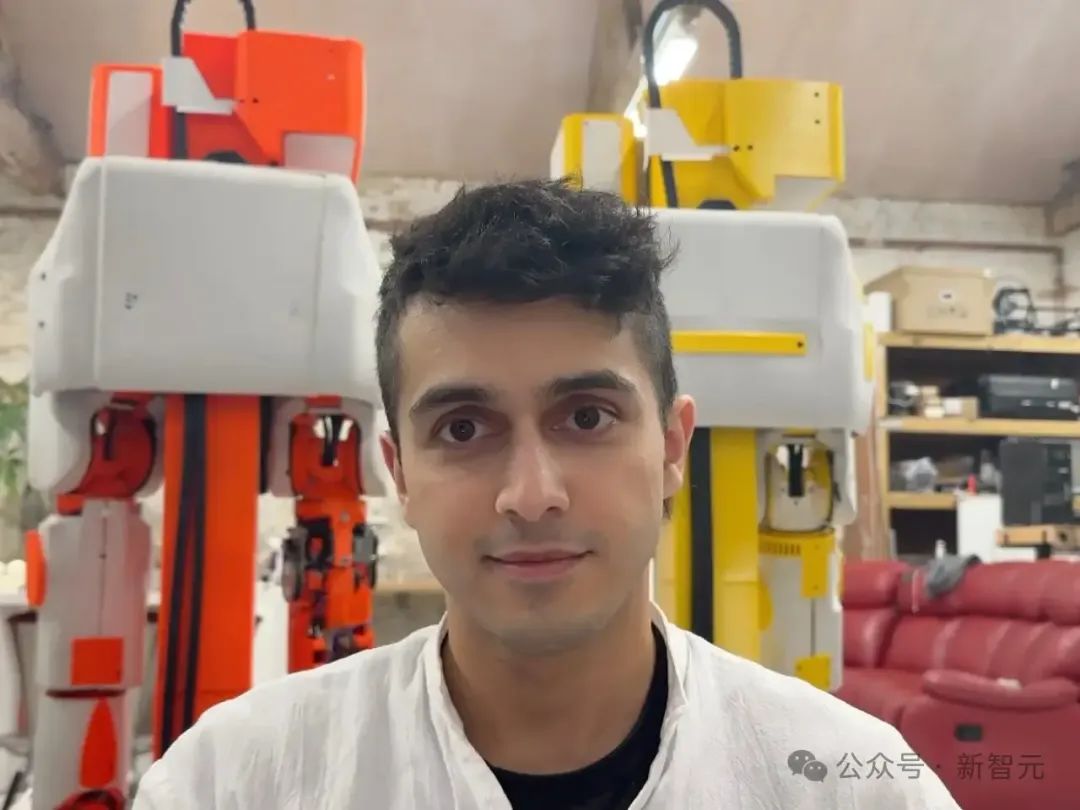
Total amount raised: Undisclosed
Well-known investors: Scale AI CEO Alexandr Wang, Anthropic co-founder Ben Mann, Notion co-founder Simon Last
Number of employees: 11
Position at OpenAI: Technical staff
Shariq Hashme worked in the technical team of OpenAI for 9 months, and then switched to the AI "upstart" Scale AI.
With experience in artificial intelligence and a degree in electrical engineering, he founded Prosper – a robotics-focused startup in London – in February 2021.
Currently, Hashme’s team is developing a robot that can perform a variety of tasks (such as laundry, washing dishes, and cleaning rooms) while attracting customers at a reasonable price. However, he said in an interview that the product is not yet ready for market.
While Prosper hasn't disclosed its total funding, Hashme said the company has received support from investors including Anthropic co-founder Ben Mann and Notion co-founder Simon Last.
Ishant Singh: Startup founder (confidential stage)
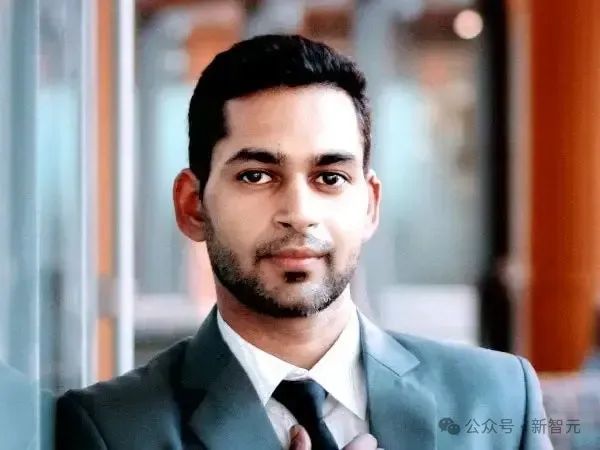
Total amount raised: Bootstrapped
Position at OpenAI: AI Security Team
After working in product-related jobs in New Delhi for four years, Ishant Singh went to Arizona State University to pursue an MBA. During this period, he briefly worked on Alexa on the Amazon product team.
In 2021, he joined OpenAI's Trust and Safety team, responsible for ensuring the security of the output content of AI models and supervising end users to follow OpenAI's security guidelines.
In June 2023, he resolutely decided to found his own company. The company is currently in the early stages of development, but has completed the development of viable products and is in the process of seed round financing.
His product is an AI platform similar to ChatGPT that can connect to various data sources within the company (such as Google Drive), allowing LLM to better understand context. The platform is characterized by not being limited to a specific model and providing guidance based on an employee's rank and access to information.
"My background in OpenAI has helped attract the attention of more than 35 venture capital firms," said Singh.
Obviously, this is an advantage that any "graduate" alumni from OpenAI has in the financing stage.
Finally, he also gave some advice to entrepreneurs: "Learn from every success and setback at work, and always pay attention to new opportunities in customers and products."